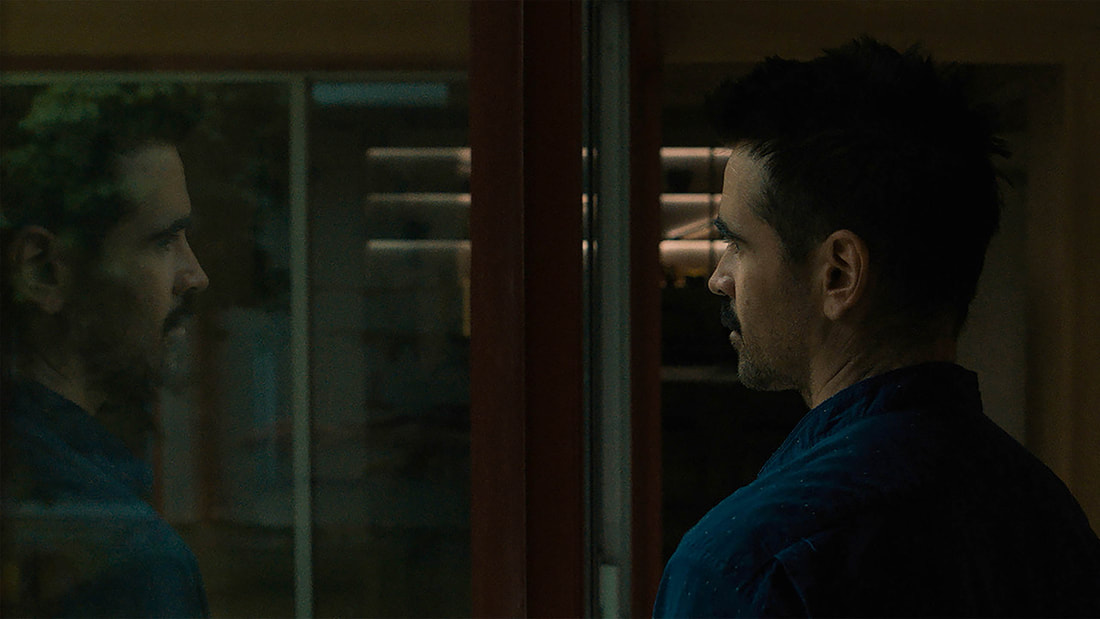|
Review by Sean Boelman
Video-essayist-turned-filmmaker Kogonada made a splash with his intimate directorial debut Columbus, and while his newest film After Yang is more ambitious in overall scale, it is also rooted in emotion. Nevertheless, this combination of sci-fi, family drama, and mystery is far less moving than his first feature.
The movie follows a family who is faced with an unorthodox grieving process when their A.I. helper malfunctions unexpectedly. It’s a fascinating premise that has the potential to be a profound study of the connections that humanity has both with technology and one another, but in expanding Alexander Weinstein’s short story, Kogonada finds substance in the wrong areas. In terms of surface-level commentary, the film is discussing the relationship and dependence that society has on modern technology. Kogonada wisely avoids making this the primary focus of his movie, though, as it easily could have come across as a paranoid rant if so. Instead, for better or worse, the film is more interested in exploring the things that make us human, a theme that has been explored over and over again in the genre. The character development in the movie is intriguing, even if it isn’t always effective. Interestingly enough, the most compelling character in the film is the android who is experienced primarily through the lens of others. His development is done through how he is seen by others, and it’s the most authentic connection that is formed in the movie. However, the performances here are frustratingly cold. Colin Farrell is supposed to be playing an unorthodox grieving father, but his performance is oddly detached. There are a few scenes in which he expresses pain, but for the most part, he’s just sort of drifting in this bereft daze. Justin H. Min gives a solidly nuanced performance as the android with a heart, but Jodie Turner-Smith, Haley Lu Richardson, and Clifton Collins Jr. are wasted here. Even more off-putting are the film’s frequent tonal shifts. The movie starts off as a slightly quirky sci-fi, becomes a somber family drama, then a mystery, goes back to somber drama, and then becomes another (different) mystery. Had the film settled on one of its tones and stuck with it to explore these themes, it would have been much more effective. That said, the movie is undeniably wonderful in a visual sense. Kogonada’s eye for composition really brings out the emotion in the shots, even when the script doesn’t do it any favors. And the use of futuristic images, including an extremely memorable title sequence that is one of the most enjoyable this side of Gaspar Noé, shows the potential that this had if only it would have embraced its sci-fi elements. After Yang has a lot of elements that work quite well on their own, but they are so at odds with each other tonally that the result is beyond uneven. It’s exciting to see Kogonada take such big swings, although it definitely could have used a bit more development. After Yang screened at the 2022 Sundance Film Festival, which runs January 20-30. Rating: 4/5
0 Comments
Leave a Reply. |
Archives
July 2024
Authors
All
|
|
|
disappointment media
Dedicated to unique and diverse perspectives on cinema! |

